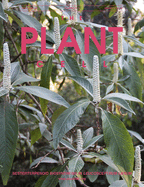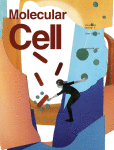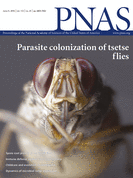Plant biologists have issued a major correction (what we dub “mega“) after realizing a significant mistake in their experiment.
The 2014 paper shows that a protein known as RAP plays a key role in chloroplast biogenesis. But as Ludwig Maximilians University-based authors Alexandra-Viola Bohne and Laura Kleinknecht continued to do their research, they found an error in the design of primers they used to synthesize the RNA for their experiments — and told us they are concerned other researchers could run into the same problem.
Although the authors considered retracting the paper, since its main conclusion was unaffected, they issued a correction notice, published in April in Plant Cell:
Continue reading “We were completely shocked:” Plant biologists issue mega-correction




 Researchers are retracting two papers about molecular signalling in plants —
Researchers are retracting two papers about molecular signalling in plants — 


 We’re so inundated with story ideas and projects, we need some extra help! Specifically, we’re looking for a part-time editor who can be available during specific hours when we need an extra pair of hands.
We’re so inundated with story ideas and projects, we need some extra help! Specifically, we’re looking for a part-time editor who can be available during specific hours when we need an extra pair of hands.